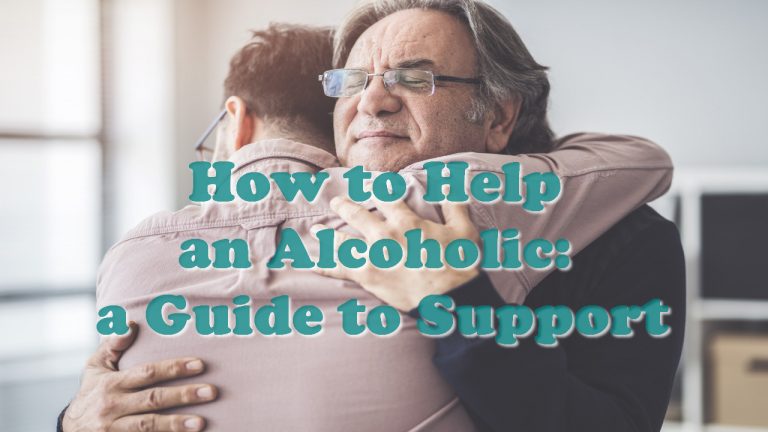Finding the appropriate words to say or actions to do as a loved one or friend of someone with alcohol use disorder (AUD) can be difficult. Seeing a loved one’s drinking habits deteriorate can be a source of stress and strain on your relationships. Although you can’t make someone get sober, there are many things you can do to encourage them to do so.
A person’s willingness to seek help for alcoholism may be influenced by the presence or absence of a support system. As a bonus, it boosts the patient’s chances of staying sober once they leave treatment. However, loved ones must know that healing isn’t always smooth sailing. You and your loved one can learn useful strategies for dealing with life’s challenges by attending a support group meeting or counseling session.
Motivating and supporting a loved one with the United Recovery Project through their recovery from an AUD is one of the best things you can do for them. Here are what else to do:
Communicate with Them

They will never know if you don’t express your worries to the person in question. You and the alcoholic may find this chat awkward, but it is essential. This may be an intervention, or it could just be a talk. But since the stakes are usually higher and more interested parties are present at interventions, that really depends on the circumstances. Any attempt to call attention to a loved one’s drinking, with the goal that they may understand where your worry is coming from, might be thought of as an intervention. That’s good news since it means they might be able to get better.
Facilitate Relaxed Conversation Regarding the Triggers That Lead to Drinking

Few people drink for the sake of drinking. Frequently, people use alcohol as a form of self-medication for emotional distress, such as depression or anxiety. You must admit your suspicions that mental health problems are causing excessive drinking. If you suspect that the other person is suffering from depression or anxiety, but you’re not sure, it’s best to avoid sounding accusatory. Try asking them softly if they believe there might be something going on in their life that is causing them to drink so much. Determine how they will react and move from there.
Get Ready To Defend Your Concerns by Providing Specific Instances

Think carefully about why you’re worried about someone’s drug or alcohol use before confronting them. Prepare a few to use as illustrations in discussion with your loved ones. No one will take your worries seriously if you just state you have them without offering any evidence.
Avoid Giving an Absolute Must-have Condition

An alcoholic will almost always pick alcohol above any other treatment choice, even if the latter may alleviate their symptoms. If you want to help someone, give them advice or other paths rather than an absolute command. This requires proactive preparation, such as familiarity with helpful programs or professionals, to recommend a loved one in need of assistance.
https://www.youtube.com/watch?v=f0cbNpgB6SA&ab_channel=TheFamilyCenterVideos
Don’t Be Harsh or Humiliating
Trying to help an alcoholic quit drinking does no good in undermining their self-esteem or making them feel ashamed. Alcoholism is an illness, so keep that in mind. Try not to pass judgment on a loved one going through it if you have not experienced similar difficulties yourself. You can’t know what’s going on there, and your interference could worsen things. A person with a substance use disorder will likely turn to alcohol or another substance to self-medicate if they are shamed. Judgment and shame are ultimately counterproductive.
